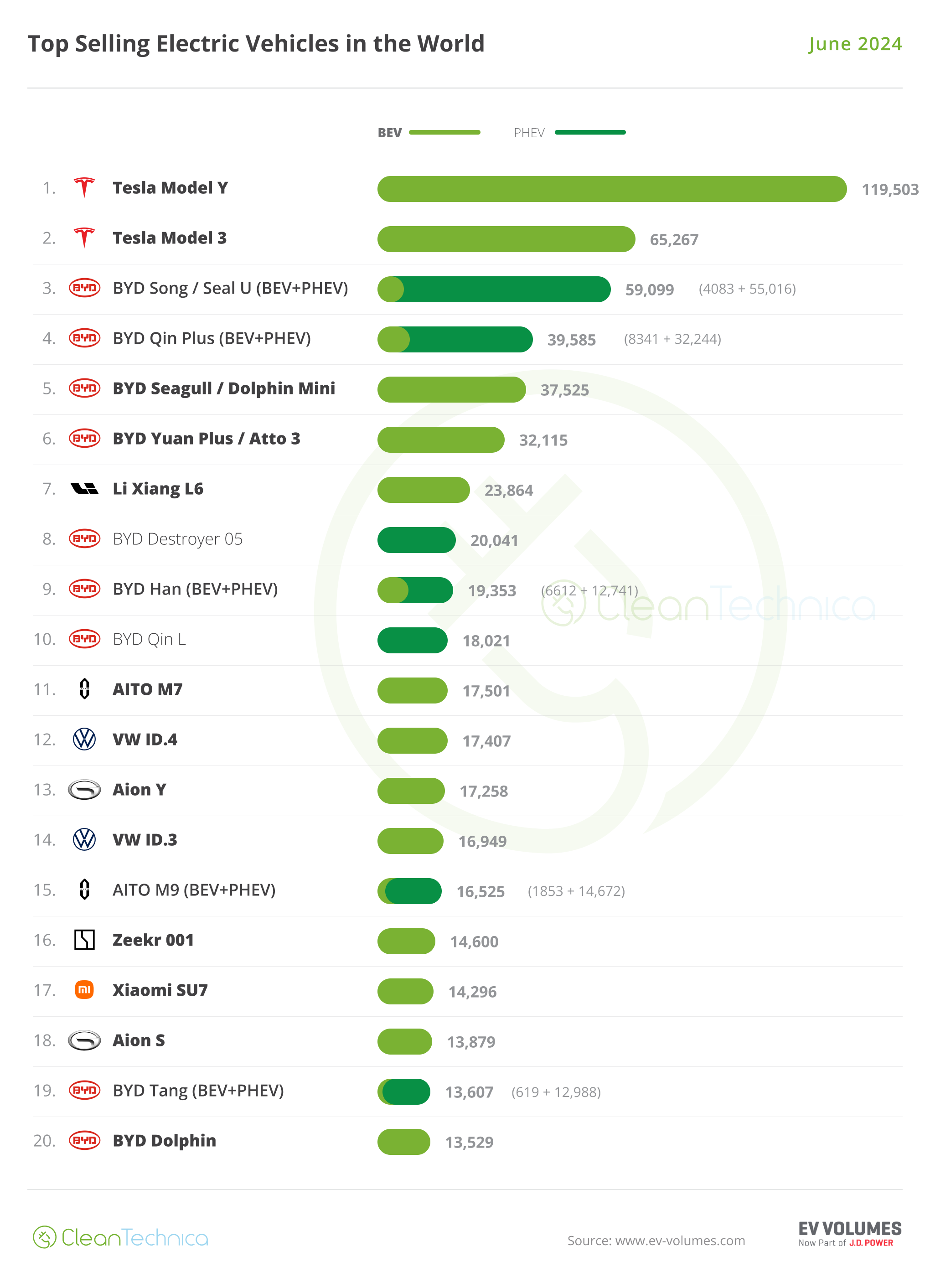Summary
- IEA trims 2024 oil demand growth forecast
- U.S. crude inventories rise more than expected
- Britain and Japan recessions weigh on prices
(Reuters) – Oil prices fell slightly on Thursday as the International Energy Agency (IEA) flagged slowing demand growth this year while a larger than expected jump in U.S. crude inventories also weighed.
Brent crude futures fell 37 cents, or 0.5%, to $81.23 a barrel by 1008 GMT. U.S. West Texas Intermediate crude futures declined 44 cents, or 0.6%, to $76.20.
The IEA’s monthly oil market report on Thursday said that global oil demand is losing momentum, prompting the agency to trim its 2024 growth forecast to 1.22 million barrels per day (bpd) from 1.24 milion bpd.
On the supply side, the IEA estimated that supply will grow by 1.7 million bpd this year, up from its previous forecast of 1.5 million bpd.
Both oil benchmark contracts lost more than $1 a barrel on Wednesday, pressured by the rise in U.S. crude inventories as refining dropped to its lowest levels since December 2022.
The Energy Information Administration (EIA) said U.S. crude inventories jumped by 12 million barrels to 439.5 million barrels in the week to Feb. 9, far exceeding the rise of 2.6 milion barrels expected by analysts in a Reuters poll.
“This uptick in inventories is attributed to a further decrease in refinery operations and relatively softer demand for petroleum products,” said SEB analyst Ole Hvalbye.
Offsetting the larger than expected crude supplies, the EIA data showed that gasoline and distillate stocks fell more than forecast. Gasoline stocks dropped by 3.7 million barrels to 247.3 million barrels, compared with expectations of a 1.2 million barrel draw.
Distillate stockpiles declined by 1.9 million barrels to 125.7 million barrels, against expectations of a 1.6 million barrel drop.
News that two major economies fell into recession also weighed on prices.
Britain fell into recession in the second half of 2023 when gross domestic product (GDP) contracted by 0.3% in the three months to December, having shrunk by 0.1% between July and September, official data showed.
Japan unexpectedly slipped into recession at the end of last year, surrendering its title as the world’s third-biggest economy to Germany.
Reporting by Ahmad Ghaddar Additional reporting by Emily Chow and Sudarshan Varadhan Editing by David Goodman
Share This:



